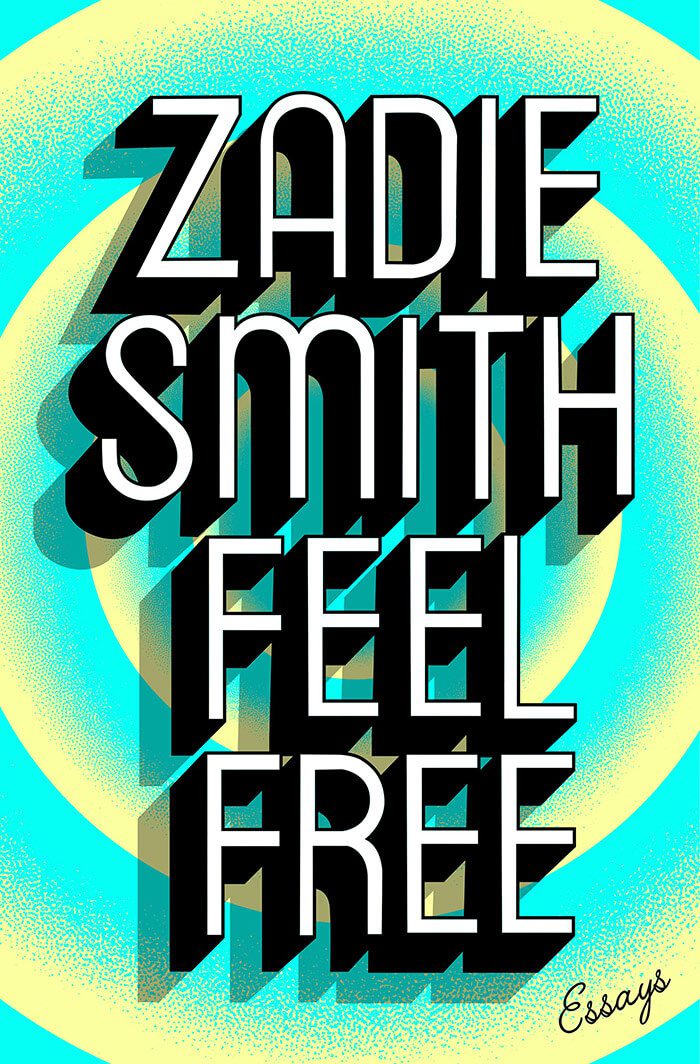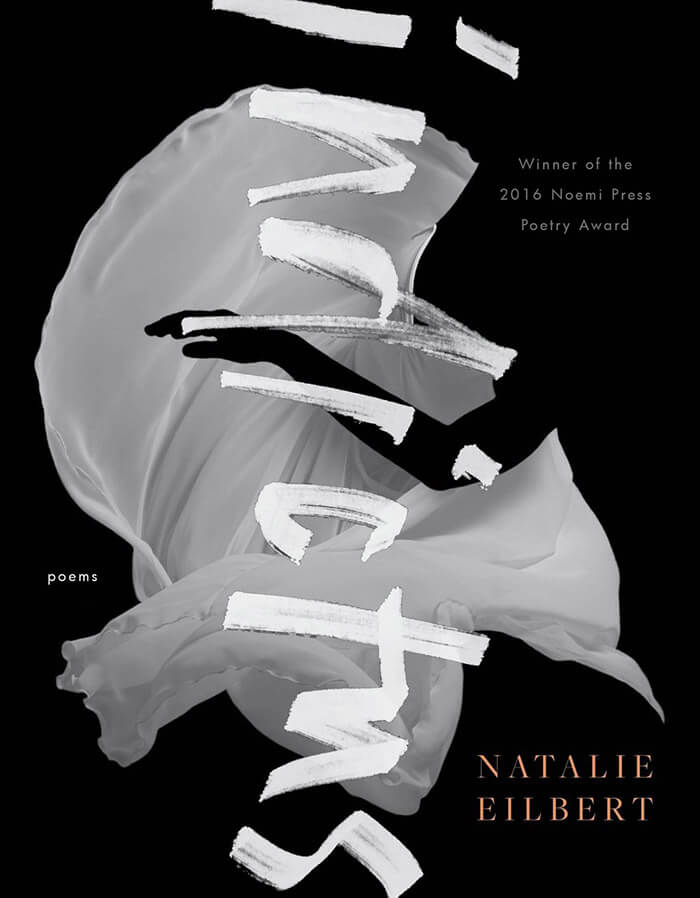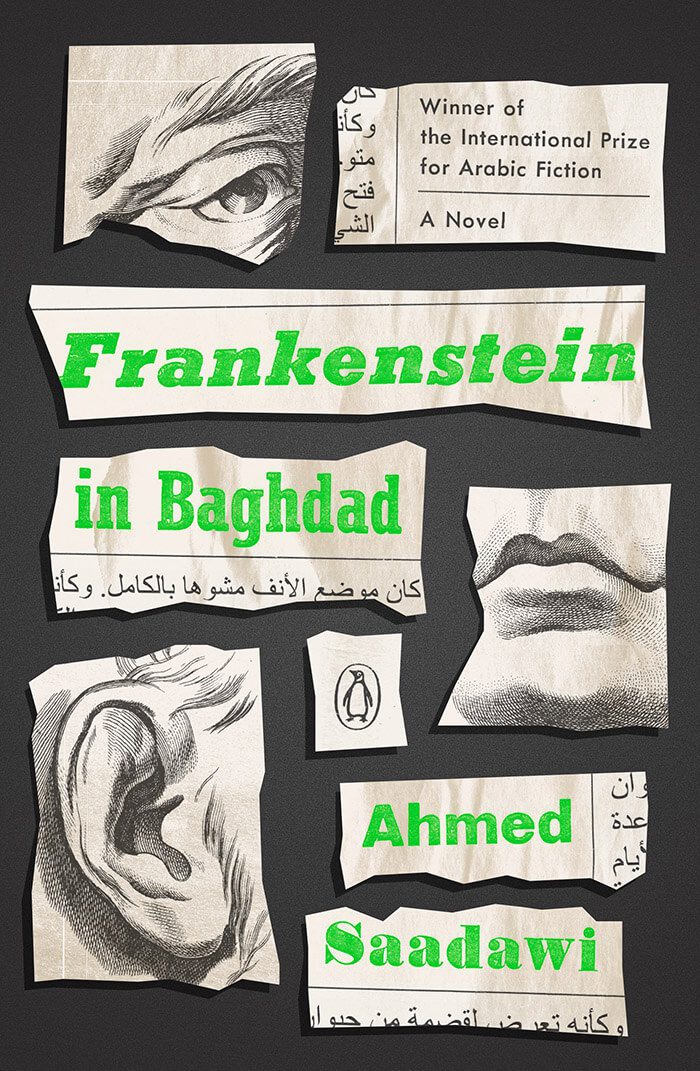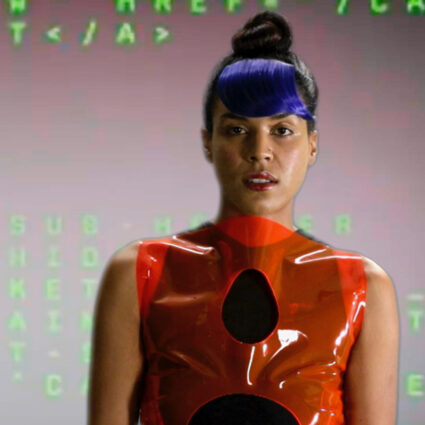
Nonfiction
Feel Free
by Zadie Smith
Penguin Press, February 6, 2018
Zadie Smith is the reason I left Facebook. As I was reading—actually, as my partner, who snatched it up the moment it arrived, was reading—her new collection of essays Feel Free, I revisited a piece of hers I remember from several years ago to see if it held up. “Generation Why?” is ostensibly a review of the movie The Social Network, but Smith’s 2010 account of social media and its defects—which are not just social but aesthetic—is better than anything more recent that I’ve read on the subject. Smith takes on Brexit, Get Out, the unbearable sadness of climate change, her childhood library, the depiction of human corpses in Italian Renaissance painting and sculpture, her family’s second toilet, the reason she can’t and won’t keep a diary. In each piece, we follow Smith though a process of thought and feeling that leaves room for you, the reader, to feel and think and wonder and wish and remember alongside her. In addition to more recent essays on politics and books, this collection includes some of her classics: “Some Notes on Attunement,” a musing on her own personal history with Joni Mitchell’s music, and “Joy,” an attempt to distinguish between the feelings of pleasure and joy. At 435 pages, Feel Free has something for every reader to relish and to challenge.
Quote:
Writing exists (for me) at the intersection of three precarious, uncertain elements: language, the world, the self. The first is never wholly mine; the second I can only ever know in a partial sense; the third is a malleable and improvised response to the previous two.

Poetry
Indictus
by Natalie Eilbert
Noemi, January 1, 2018
“Indictus points to the unsaid,” Natalie Eilbert writes in her second collection of poems. “In this way, to indict is to write the unsaid.” We are in an age of indictments, an unfolding cultural moment of, if not quite reckoning, speaking out about abuse, harassment, and violation. Eilbert’s Indictus is a “book of men,” one that chronicles the poet’s still unspeakable experiences with sexual abuse without ever narrating or naming them. “I take these specific men who saw no mind, who lacquered my body with the possessive, giving me / only the failure of narrative, sentencing my life to verb—I take these men and I form them into / the wound of a line.” Her endlessly fluid use and reuse of language indicts every reader. In her survival, Eilbert shows all the ways that she is still living with the legacies of past violences, still daily surviving and making “use of loss.” A tough, rough, painful read, one that generates not answers but, in the poet’s words, “crisper questions” about a subject that implicates us all.
Quote:
What I know of tenderness is what I know of violation.

Fiction
Frankenstein in Baghdad
by Ahmed Saadawi
Penguin Books, January 23, 2018
What makes a contemporary allegory? Lately, they take the shape of elaborately constructed science fictions like Margaret Atwood’s A Handmaid’s Tale or the techno-horror of the Netflix series Black Mirror. Ahmed Saadawi sets his allegory, Frankenstein in Baghdad, not in the near-future or reimagined present, but in the everyday realities of 2003 Iraq. If the random yet mundane-as-the-weather occurrence of suicide car bombings and bodies in the streets feels unfamiliar to the reader, this is only because they did not and do not live surrounded by it. The author, a Baghdad resident, does. In his interpretation of Frankenstein, the monster is not so much technology and human innovation, as in Mary Shelley’s novella, but cycles of violence and human carnage. Hadi, the storyteller, has scavenged scattered body parts in the wake of bombings and stitched them together into one creature. He has gathered what he can to make what he envisions as a statement to the authorities; he wants to make a body whole so that it can speak for all the human beings lost to war and retaliation in Iraq. When that creature comes to life, rather than signal a need for the violence to end, his gathering leads only to more killing.
Quote:
There was blood and hair on the pole, mere inches from his nose and thick white mustache.



